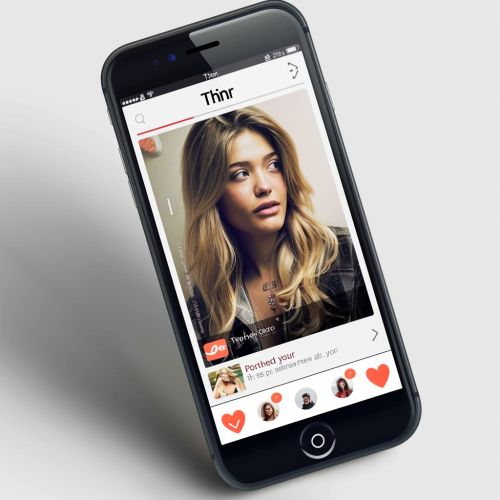Tinder
Overview
Tinder is a geosocial networking and online dating application that allows users to anonymously swipe to like or dislike other profiles based on their photos, a small bio, and common interests. Once two users have "matched", they can exchange messages.
History
Tinder was launched in 2012 within startup incubator Hatch Labs as a joint venture between IAC and mobile app development firm Xtreme Labs. By 2014, Tinder was registering about one billion "swipes" per day. Tinder originally required access to a Facebook account to use the app, but it began allowing users to register with just a telephone number in August 2019.


Operation
To use Tinder, users must have a Facebook account. The app is available in 40 languages. Tinder operates on a freemium business model. Users can choose to pay for additional features, such as the ability to see who has swiped right on them before they swipe, more "Super Likes", and a second "Boost" each month.
Features
Tinder's primary companion site has been Facebook, as Tinder users were originally required to connect their Facebook profiles to their Tinder accounts for verification and profile details. Using Facebook, Tinder is able to build a user profile with photos that have already been uploaded. Basic information is gathered and the users' social graph is analyzed. Candidates who are most likely to be compatible based on geographical location, a number of mutual friends, and common interests are streamed into a list of matches.
User behavior
Based on the results of potential candidates, the app allows the user to anonymously like another user by swiping right or pass by swiping left on them. If two users like each other, it then results in a "match" and they are able to chat within the app.
Reception
Tinder has been received positively by critics, with much of the praise going to its ease of use and general approach to online dating. However, it has also been criticized for being superficial, focusing on physical appearance rather than meaningful connections.
